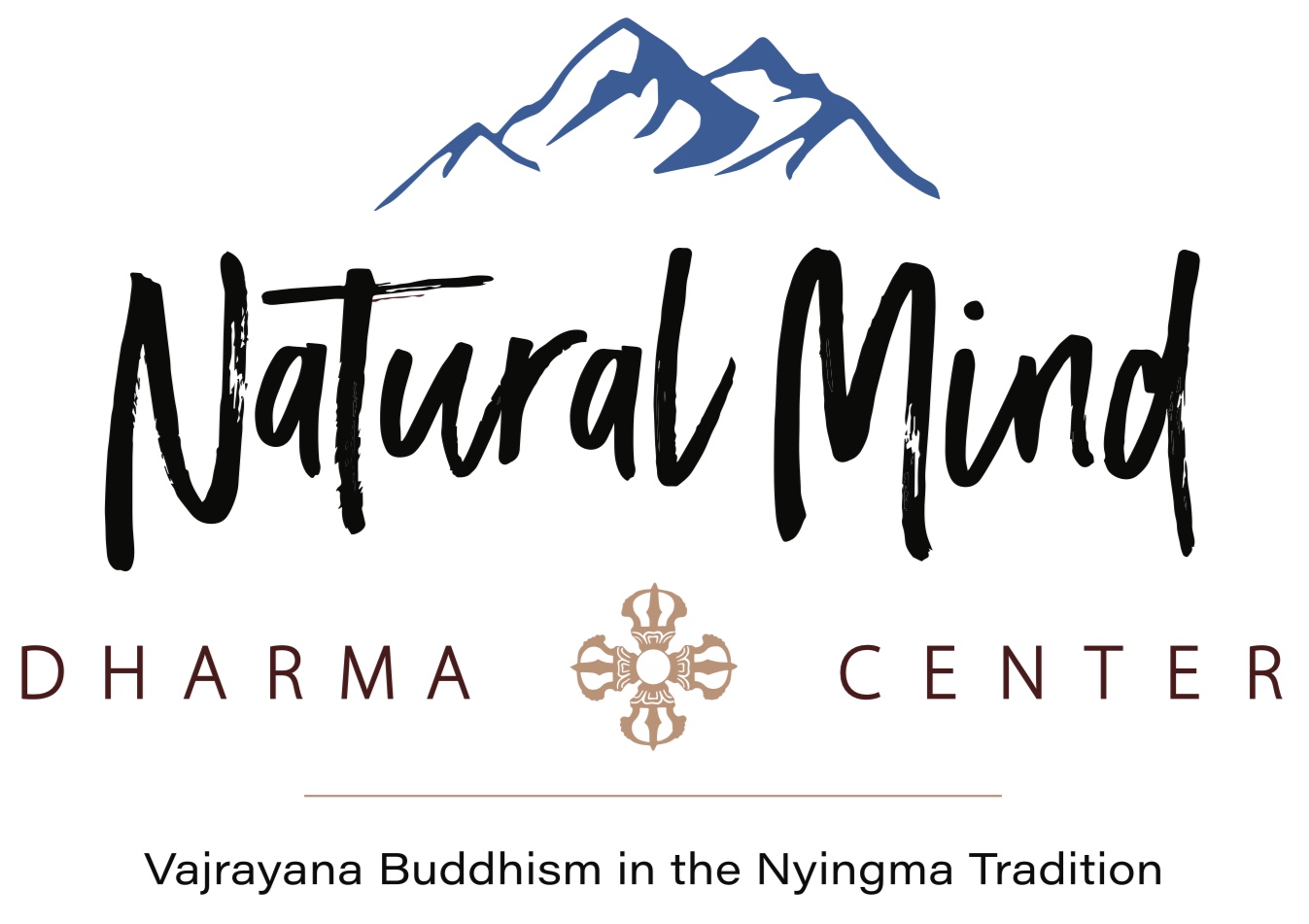Time and Mind
We are now in a bardo, an “in-between,”—this time between Christmas and the New Year. Of course, this is only one perspective. As I write this, we are on the fifth day of Hanukkah and the second day of Kwanzaa. There seems to be a concentration of activities near the winter solstice and new (solar) year. Other cultures use a lunar calendar to mark the changing year. For Tibetans, 2020 does not begin until February 24, 2020, and it is celebrated over a two week period. How we observe the passing of time does not have a consensus.
So what is time, really? The ancients Greeks had two words for time: kairos and chronos. Kairos was meant to be a quality of time or an opportune moment. Chronos referred to linear time in the conventional sense. In ancient Hebrew, the term eth (pronounced ‘ayth’) referred to time in the sense of what is happening or a kind of ‘now’ placed in time. In the New Testament, Jesus’ message was based on the eschaton, the ‘end of time’ as we know it. This was meant to impart an immediacy for the fruition and application of his teachings. Everywhere you encounter the idea of time, especially in religious context, you will find slight nuances and variations.
In Buddhism you will often read something like, “This has been since beginningless time.” This refers to a sense of timelessness—something that is not limited to time or space. From a Buddhist perspective, time is none other than a contrivance of the mind. It has no inherent existence apart from the mind. This is very helpful when noticing thoughts. If we do not place them on a linear timeline of past and future, thought energies can only be employed in the present moment. This is meditation.
I have often quoted Padmasambhava in Self Liberation Through Seeing with Naked Awareness. He is pointing out how we are introduced to the true nature of mind:
Thoughts in the past are clear and empty and leave no traces behind.
Thoughts in the future are fresh and unconditioned by anything.
And in the present moment, when (your mind) remains in its own condition without constructing anything,
Awareness at that moment is quite ordinary.
The precious ordinary moment is all that really exists—and it is unbound, unfiltered, by past memories and future expectations. When our mind rests in this awareness, we may have the experience of timelessness where we have no reference point to measure our experience. This is very peaceful and brings us to now. Time’s a-wastin’!
